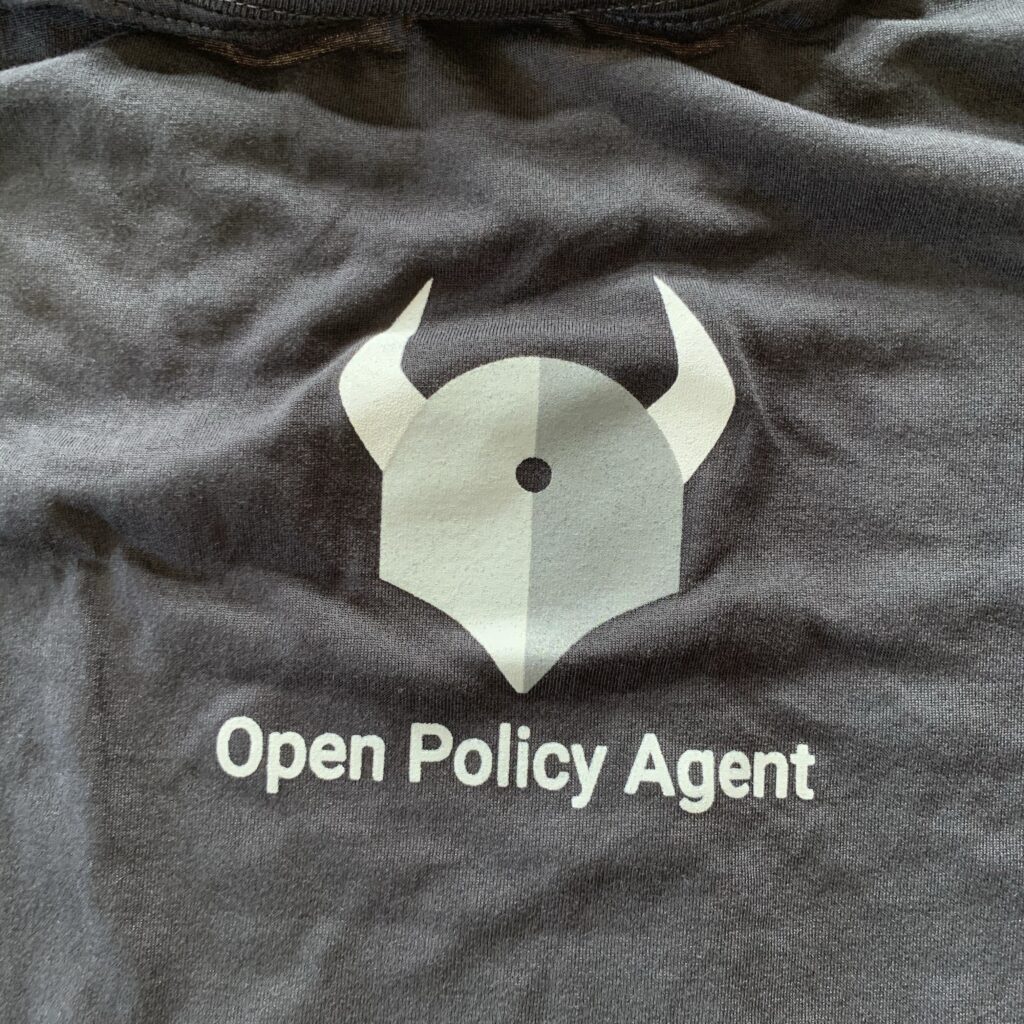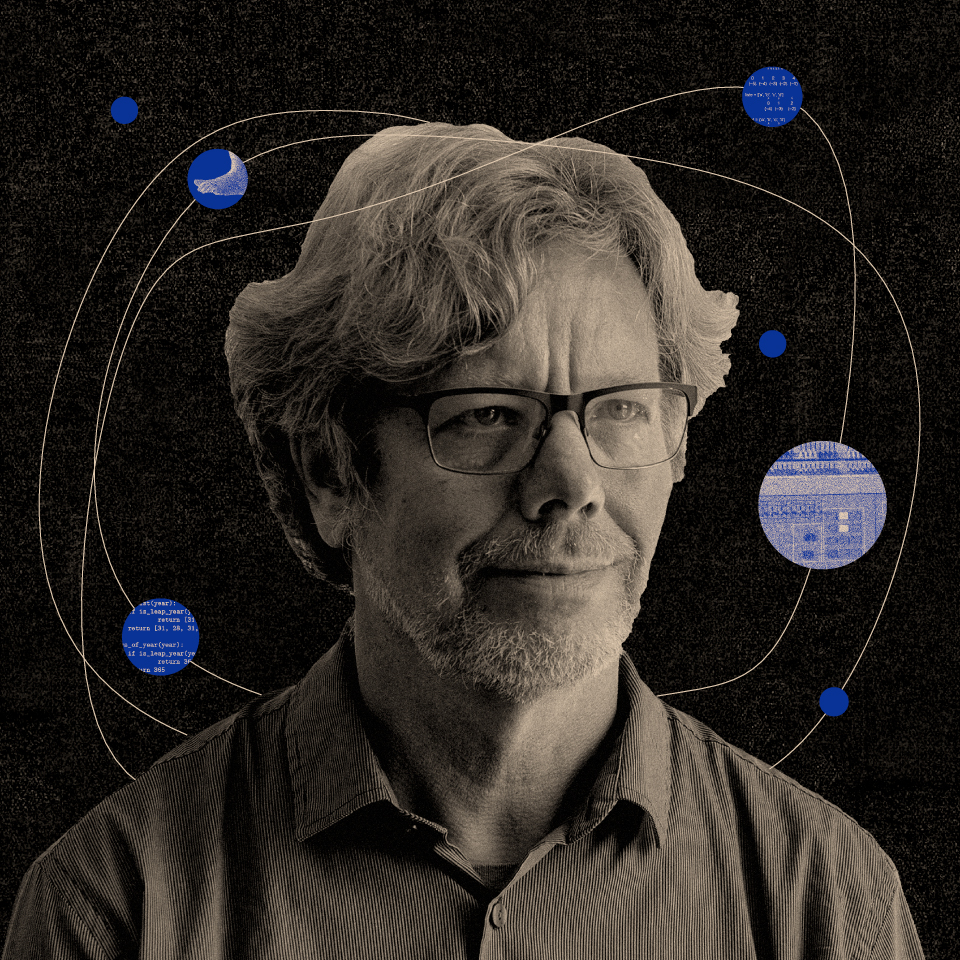Das Beispiel ist vielleicht nicht gleich das prominenteste, aber das erste, das ich in meiner Timeline (Buzzfeed) hatte. Der vietnamesische Künstler Minh Anh Nguyen Hoang, der sich selbst Ben Moran nennt, ist Gegenstand einer Debatte um AI und Generative Art bei Reddit geworden.
Der Künstler produziert Buchcover, berichtet der Buzzfeed Artikel, bereits mehrmals für Selkie Myth, einen Buchautoren aus den USA.
Nun hat der selbe Künstler sein letztes Werk im Subreddit r/Art veröffentlicht, nur um daraufhin gebanned zu werden: die Moderatoren des Forums halten das Werk für Computergeneriert.
Diese Debatten werden die gesamte Kreativbranche treffen, und zwar sehr kurzfristig und sehr hart. Unabhängig von dem konkreten Fall Ben Moran, der bei Reddit angeeckt ist, gibt es eine Nachfrage nach Kontent im Internet. Die Idee, das Geschäftsmodell zu optimieren ist mittlerweile – einige Wochen, vielleicht Monate später – schon nicht mehr neu und wenigstens schon bei TikTok angekommen. Das wird es schwer machen, einen Aufwand von 100h zu argumentieren. Mittel bis langfristig werden Menschen mit AI/KI neue Wege finden, kurzfristig wird das alles zu Tränen führen.




